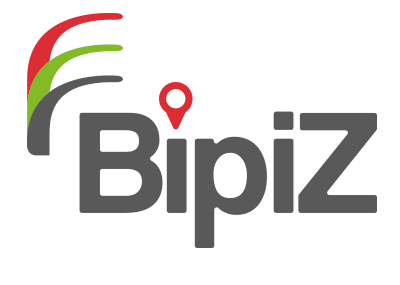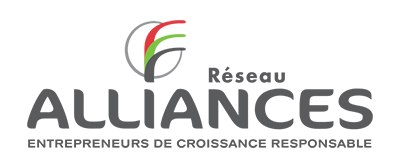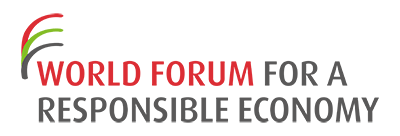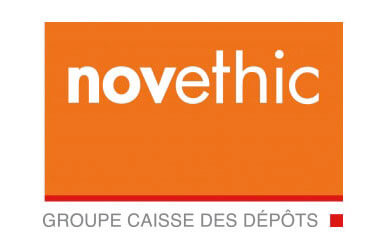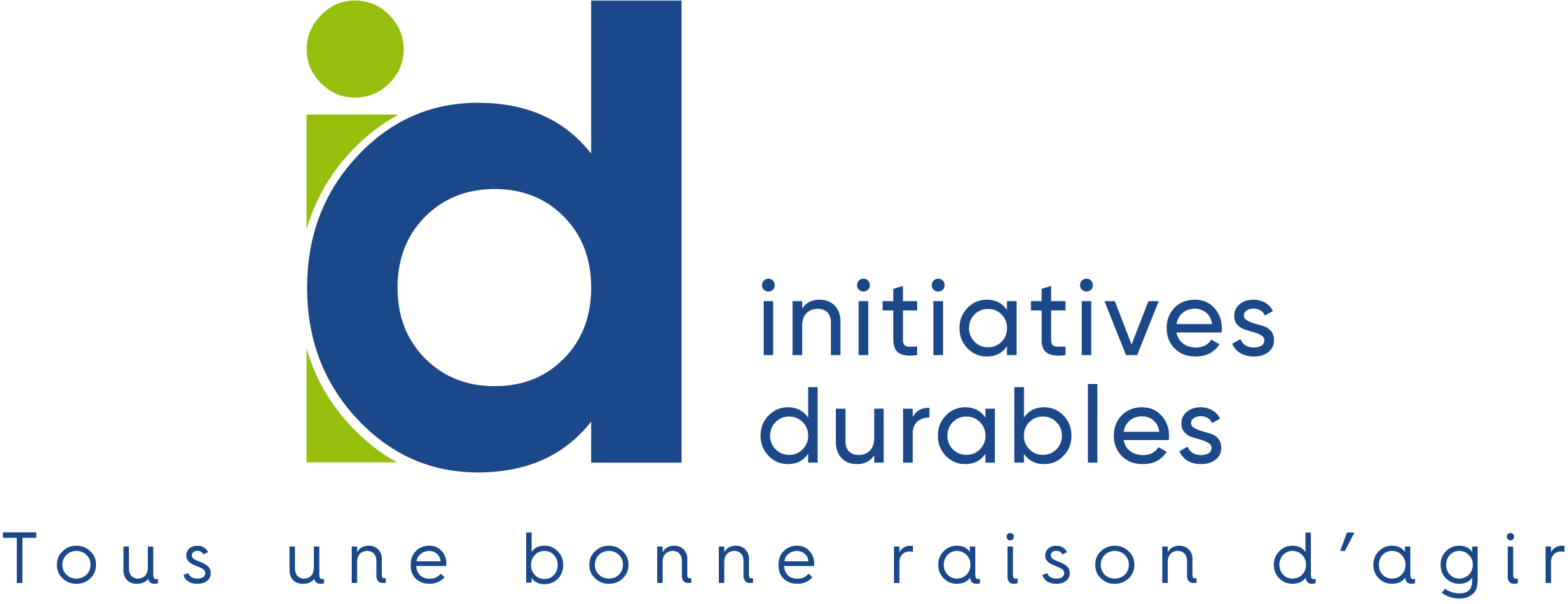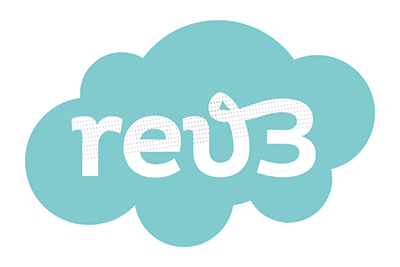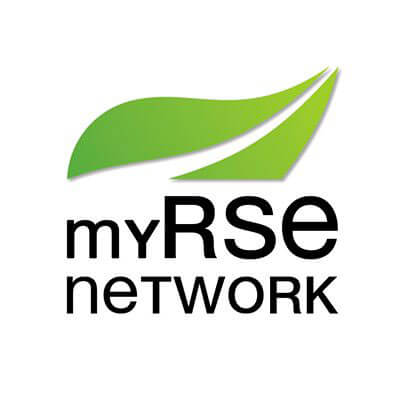Did you know that? According to the French Environment and Energy Management Agency (ADEME), French households produce up to 31 million tons of waste every year, while companies produce ten times more, reaching a total of 315 million tons!
Efficient waste management is therefore a crucial issue, as failure to do so can have negative consequences on our planet and on future generations.
Although companies are required to comply with specific waste management regulations (click here to find out more), they can go further in their approach and thus play a key role in implementing innovative practices to contribute to a more sustainable world.
In this article, we will explore four innovative solutions offered by companies to improve their waste management.
1# - Solution n°1 - Waste recycling
Recycling is one of the most common waste management practices.
It refers to the techniques of recovering materials and reusing them in the manufacture of new products.
This method has many advantages:
- It reduces the amount of waste, which helps preserve the environment and natural resources.
- It also has a positive economic impact, as it is less expensive to produce new products from recycled materials.
- Finally, recycling creates jobs in the waste collection, sorting and processing industries.
Some companies have set up innovative recycling programs, such as NUTRIPACK, which is innovating with the creation of a recycling channel.
This company manufactures and markets food packaging for the catering industry. Not finding a recycling channel for its products, it decided in 2011 to create the first recycling channel in France for used trays and to develop it with its customers.
Find out more about its recycling process here.

2# - Solution n°2 - Waste reduction at the source
Source reduction means limiting the amount of waste produced upstream, for example by promoting the use of recyclable or reusable materials, or by reducing packaging.
This is a beneficial approach because it not only avoids the production of unnecessary waste but also reduces costs. By reducing the amount of waste, money can be saved on the costs of waste collection, transportation and treatment.
Many companies have implemented source reduction programs, such as PUMA, which has been committed to producing less packaging for less CO2 since 2021.
To achieve this goal, PUMA has developed the Clever Little Bag, a reusable shoe bag that replaces the traditional cardboard box. By reducing packaging, PUMA reduces the use of raw materials, water and energy needed for its production.
This initiative also reduces the weight of products to be transported and disposed of, thus contributing to the reduction of the company's carbon footprint.
In addition, in the same spirit of cost containment, Puma T-shirts are folded once again to reduce the size of the packaging and thus reduce CO2 emissions and transportation costs.
Find out more about their approach here.

3# - Solution n°3 - Energy recovery
Energy recovery consists in recovering energy from waste. This can be done, for example, by incinerating waste that cannot be recycled or recovered in the form of materials, to produce electricity.
This reduces greenhouse gas emissions and limits the use of fossil fuels.
An example of an innovative project that fits this practice is the Biovalsan project, jointly piloted by RGDS, the operator of Strasbourg's natural gas distribution network, and SUEZ Eau France, a company specializing in water distribution and sanitation services.
The project consists of producing biomethane from the wastewater of the Strasbourg Eurometropole's wastewater treatment plant, thus transforming the wastewater into a renewable energy source. For the first time in France, green gas is being injected into the local natural gas network, providing a new source of clean energy.
Thanks to Biovalsan, the carbon footprint of the Strasbourg-La Wantzenau wastewater treatment plant is reduced by 4,000 TeqCO2/year!

4# - Solution n°4 - Employee awareness
Improving waste management in the company also involves raising employee awareness. Indeed, they must be informed on how to sort waste, but also on the importance of reducing the amount of waste produced.
Some companies have set up innovative awareness programs, such as the Pasteur Institute in Lille, which challenges and federates its campus thanks to CSR.
Since 2016, the institute has been raising awareness among its stakeholders by instituting selective sorting for common waste, in addition to specific waste such as biological and chemical waste. Cup holders have also been installed to allow one removal per week instead of one emptying per day. Finally, an energy audit of the buildings was conducted to better understand energy consumption.

